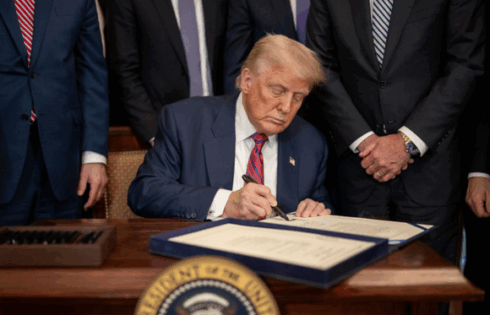Given the modern academy’s fascination with “white privilege” and “white supremacy,” and its predilection for blaming just about anything on the concepts, your curiosity should be piqued by David Marcus’s recent article in The Weekly Standard.
In it he says the former concept, at least, has merit. It’s the remedies which fall short.
“There is real value in considering the fact that people might treat you with more respect and dignity based on your skin color,” Marcus says. “As a piece of diagnosis, privilege theory isn’t nearly as pernicious as conservatives tend to believe.”
But only with regards to race, he adds, are people called upon to confess the possession of these “unearned advantages.”
Consider the recent controversy over a graduate student instructor at the University of Pennsylvania using a technique known as “progressive stacking” — calling on white males last in class. Or, if you will, calling on members of “oppressed” groups first.
This, Marcus argues, is “an attempt to combat privilege by redistributing privilege.”
But of course, the real root problem is that anyone’s speech is privileged on the basis of race in the first place.
This gets to the not-especially nuanced opposition to the colorblind model on the Left. At its silliest it imagines white people pretending that they literally do not see the color of a person’s skin, like George Costanza, in search of a black friend, claiming he doesn’t “really see people in terms of color.” But “color blind” doesn’t mean that you don’t see skin color. It means that you try not to make irrational judgements based on skin color.
The incident at Penn is a perfect opportunity to explore how the privilege and colorblind models can be used in concert to better reinforce anti-racism. Instead of creating a system in which black students’ speech is valued above white students’ speech, a conversation could have happened. The teacher could have said, “most of us, including me, sometimes have irrational biases. We are used to white men being in authority and we sometimes overvalue their speech. Let’s make an effort in this class to not let that happen.”
This would have given agency to the students to police their own thoughts. They could say to themselves; “am I being dismissive of a certain idea because it comes from a person of color, or a woman?” These are good things for us to think about.
Like The College Fix on Facebook / Follow us on Twitter




Add to the Discussion